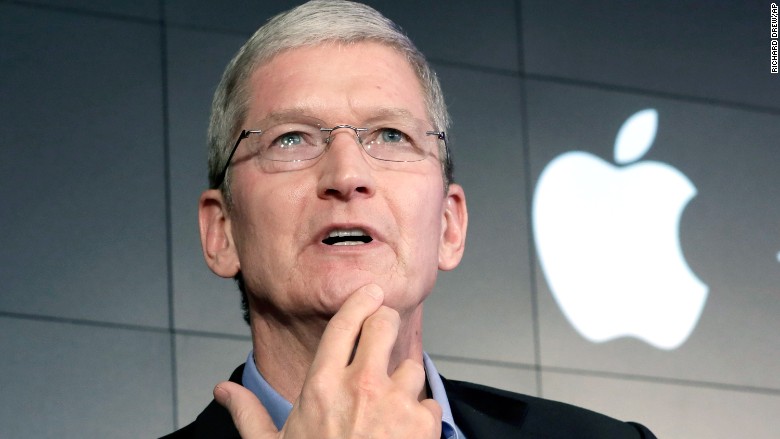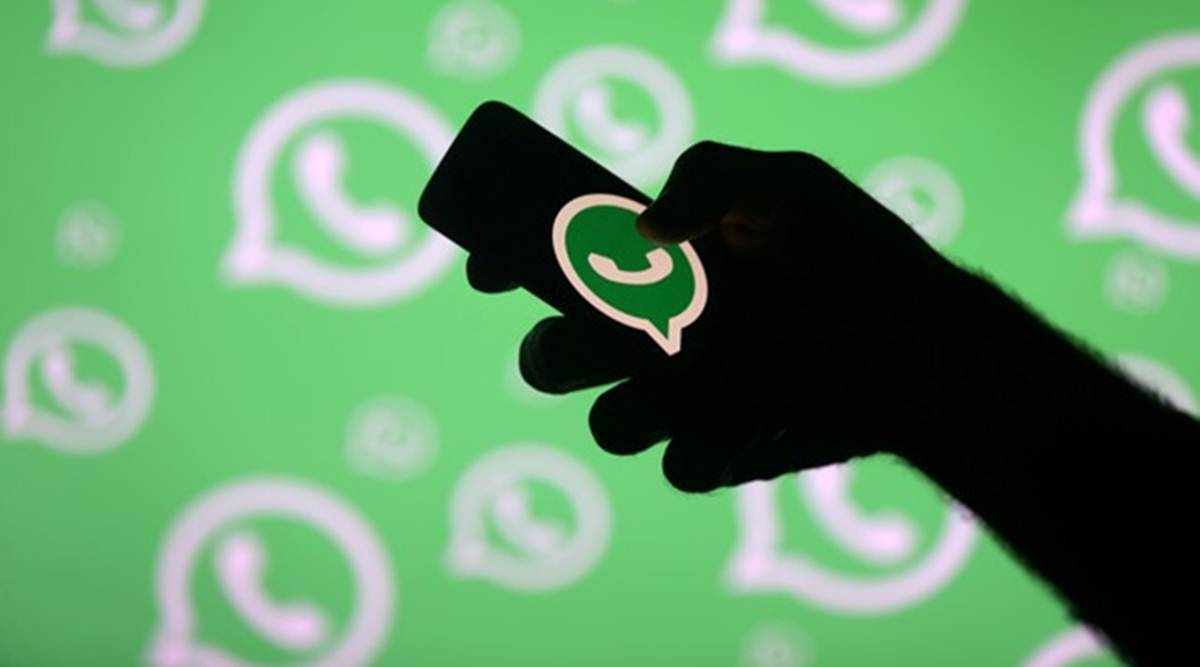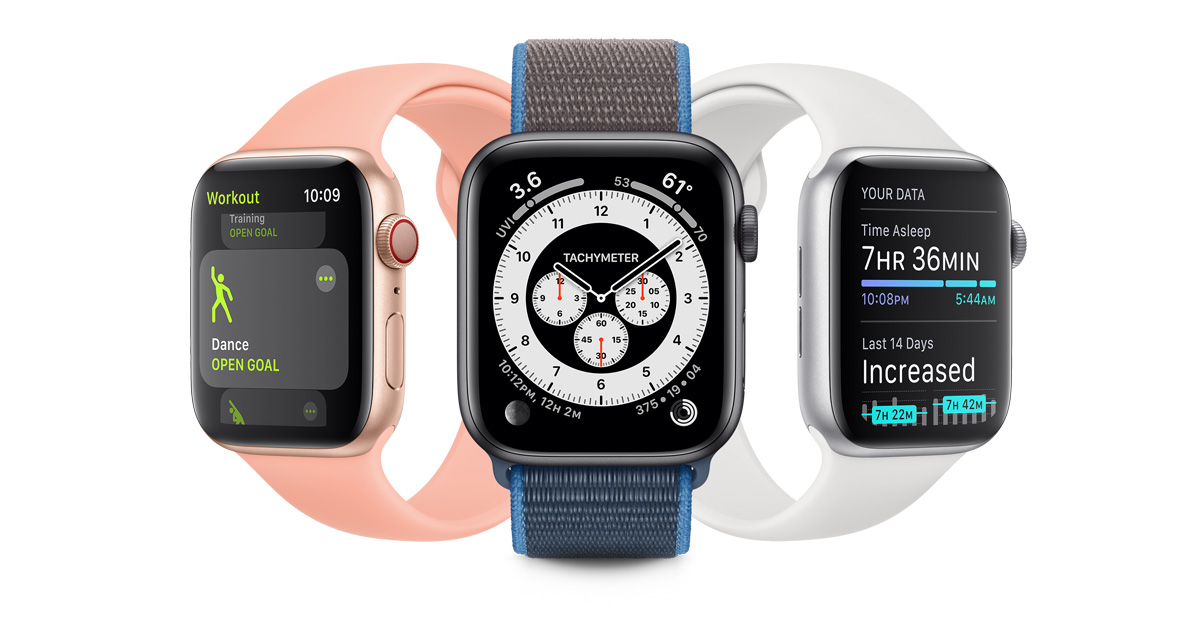At an Apple company meeting exactly a month ago on July 27, 2016, CEO Tim Cook proudly mentioned the company’s achievement of selling over 1 billion iPhones since the launch of the original iPhone in 2007.
“iPhone has become one of the most important, world-changing and successful products in history. It’s become more than a constant companion. iPhone is truly an essential part of our daily life and enables much of what we do throughout the day. Last week we passed another major milestone when we sold the billionth iPhone. We never set out to make the most, but we’ve always set out to make the best products that make a difference. Thank you to everyone at Apple for helping change the world every day.”
Needless to say this is major achievement for the company, but with uncertainty around how popular the new iPhone 7 will be and whether Apple has lost the WOW factor with the new model to be released in a matter of weeks, the question arises as to whether Apple still has the device-making moxie that made it the world’s most valuable company.
Has Apple Indeed Lost the WOW Factor with iPhone 7?
In my earlier article (linked above), I spoke about what declining device sales could mean for Apple. The need for Apple to create a much higher level of user engagement is one that springs to mind almost immediately, but whether that will happen around devices is debatable.
I believe that Apple’s real future lies in its investments in Apple Pay, Apple Maps and other elements of the ecosystem it is building around its devices. One such ecosystem component is the App Store, without the popularity of which the iPhone would never have sold a billion units. Another component that is now growing in stature is Apple Pay.
Apple Bows to the Rising Sun, Apple Pay Gets a Booster Shot
The company recently agreed to adopt a new electronic payment technology to allow Japan’s 8.7 million daily mass-transit system users in Tokyo to pay for their daily commute using a tap-and-pay system using Apple Pay on their iPhones. This will effectively allow Apple to compete in the highly fragmented mass-transit payment industry in Japan.
Moreover, Apple Pay is also moving into the web payments space to compete with e-payments giant PayPal, which currently processes close to $300 billion dollars a year in domestic and cross-border payments. By integrating it with the Safari browser, Apple has made it possible for iPhone, iPad and Mac owners to shop online with their Apple Pay accounts instead of having to pull out their credit cards each time.
Until now that traffic has gone either to Visa/MasterCard/Amex/etc. or to PayPal. Apple Pay is now gradually reclaiming that missed opportunity.
But even Apple Pay is just one of their newer initiatives.
An Apple Maps Revival in the Offing?
Apple recently invested $1 billion in Chinese car-hailing company Didi Chuxing, a clue that they could be looking to integrate Apple Maps as a standard part of Didi’s navigational systems for car-sharing fleet management.
Of note is the fact that after two years of struggle and $2 billion dollars in losses in China, Uber has sold off its China unit to Didi, which is now by far the clear leader in the car-sharing industry in China.
Why would Apple invest in car-sharing – and that, too, in China – if there was no interest to push both Apple Maps and Apple Pay into the Didi equation?
Apple Inc.’s Social Media Video Play
In more recent news, Apple has announced its intention to create a social video sharing app for iPhones along the lines of its robust video editor iMovie. The app will allow iPhone users to create and share personally made videos over social networks such as Facebook, Twitter and Snapchat.
Though Apple doesn’t necessarily want to be in the social media space, the app will prompt Facebook’s millions of Apple device users to reach for their iPhones to create videos rather than do them through Facebook’s video platform. Of course, they won’t be able to stream videos as with Facebook Live, but they’ll be able to upload home-made content using their iPhones.
The Future of Apple Inc.
All of this points to one logical conclusion: The iPhone 7 will probably be the beginning of the end of Apple’s laser-like focus on devices and device sales. That’s not to say they won’t release an iPhone 8, 9, 10 and so on, but it clearly shows that they have recognized the importance of having a rich ecosystem around future devices, which will help cement their position in the premium mobile market.
With millions of potential iPhone users on Apple Pay, Apple Maps, App Store and other components of that ecosystem I keep referring to, these products and services will yield them hundreds of billions of dollars over the next decade and beyond.
And at the end of the day, this is what Apple Inc. wants – not to lose focus on devices, but to make those devices more and more valuable because of what they can accomplish for the user. If you can make a video, pay for your cab, read the news, pay for your train commute, manage your credit cards, handle multiple email accounts, securely browse the Internet and do a ton of other useful things on your iPhone, why would you ever buy anything else other than the next iPhone?
See where they’re going with this? I believe this is Tim Cook’s greatest contribution to Apple Inc. Despite the genius that Steve Jobs was, his vision was limited to devices – the very best devices, yes, but just devices nevertheless. Cook’s vision goes beyond devices and into areas that Apple is only now getting familiar with.
It’s going to be an interesting decade for Apple Inc., and you can bet that I will be following and reporting everything they do in that time.
If you’re reading this on Apple News, please favorite the 1RedDrop channel (next to our logo) to add us to your news feed, or Like our page on Facebook. Please bookmark our site for more insightful articles on current and future technologies that are changing our lives.



